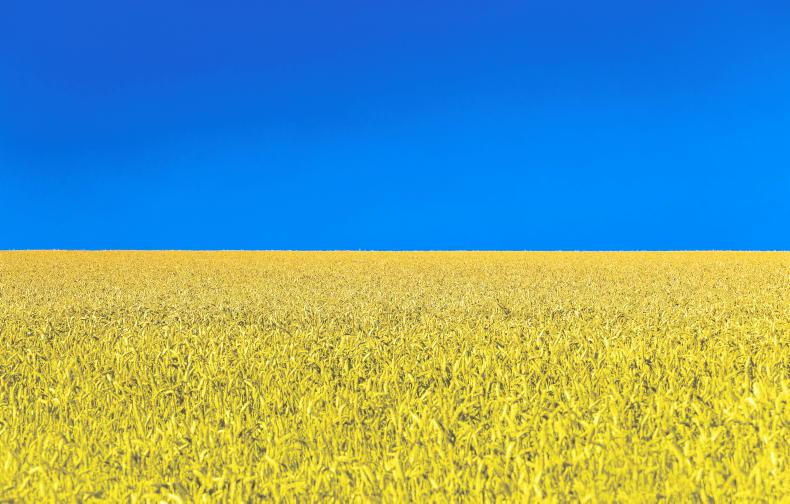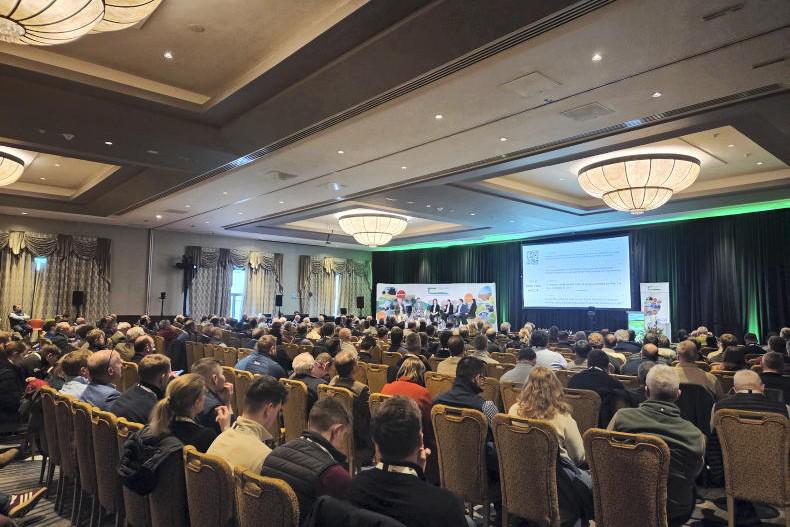Some people are saying that very real concerns around food security and global food supply mean that farming should be released from its emissions reduction targets. That’s a flawed way of thinking.
The climate crisis might not be attracting the attention of a world shocked and shaken by war right now, but to say it’s on the back burner would be the opposite of what is happening.
There are unseasonal heatwaves right now both in the Arctic circle and in Antarctica – that’s both poles at once. It’s unprecedented and extremely concerning.
Ignoring the reality of climate change now and not taking steps to minimise its effect on humanity would be foolish. We ignored obvious danger signs that Putin was leading Russia down a dangerous road, complaining about moderate sanctions imposed following the completely illegal annexation of the Crimea, part of Ukraine, in 2014. Our need for Russian gas, oil and fertiliser dampened any desire to stand up to his belligerence.
And now it’s too late. War is upon Ukraine, and much stronger steps must be taken, and much greater pain inflicted through sanctions on ourselves and on the ordinary people of Russia.
In terms of farming and climate, the issue of livestock farming from pastureland and the biogenic methane cycle and its role in global warming and in combating global warming is a live issue. The science is evolving, and will continue to and should inform policy. But the bigger picture is that current fears around fodder in Europe show the weakness of a food system that depends on imported feedstuffs for our livestock.
Soaring prices
And soaring prices for inputs show we must seek to reduce our dependence on them. What’s that got to do with global warming? Agri diesel is a fossil fuel. So is the gas that is central to the production of nitrogen.
Over the next year and beyond, farmers may be needed and valued again by a world that had grown complacent about an unlimited supply of cheap food. But us farmers had also grown complacent about an unlimited supply of cheap inputs, and were happy enough with the system if we could just get a bit more for our produce.
The changes we must make are a bit more fundamental. The needs of farmers to reduce our dependency on chemical inputs actually dovetail with the need for us to produce food with a significantly lower carbon footprint.
The people of Ukraine are facing their frightening future with a steely resolve, determined to save their country. We as Irish farmers can surely shoulder our lesser responsibilities with the same courage and comradeship.










SHARING OPTIONS